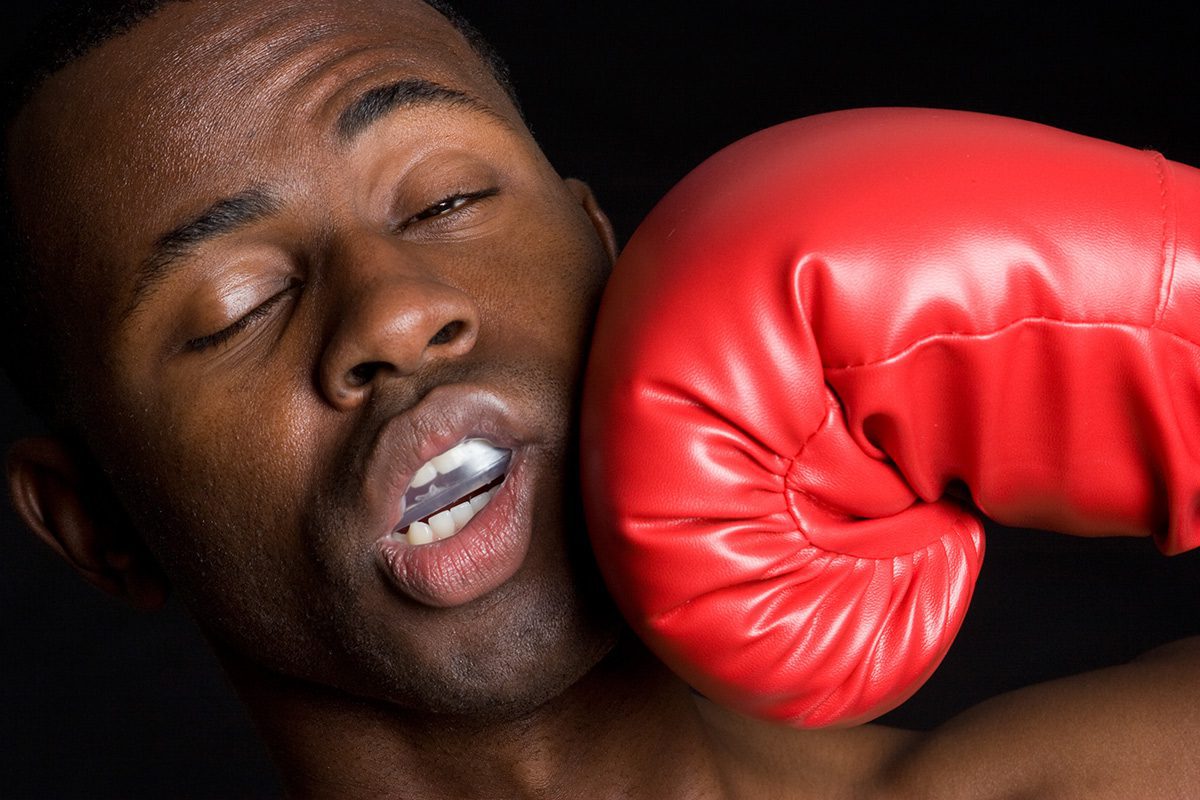Tony Sedler, President of Burbank Dental Lab says, "I am thankful for our clients who over the years have honored me and Burbank Dental Lab with their business, loyalty, and friendship."
Read MoreRaising The Bar in Restorative Dentistry: The Latest Innovations in Dental Composites
Whether you’re a general dentist seeking the best materials for posterior restorations or a prosthodontist specializing in high-end indirect cases, staying up-to-date on composite advancements is crucial. The materials clinicians […]
Read MoreZIRMAX ME: The Modern Zirconia Solution for Dentists Who Demand More
At Burbank Dental Lab, we have found thatdentists are looking for materials thatgo beyond just “good enough.” GET YOUR FREE BURBANK DENTAL LAB FEE SCHEDULE REQUEST FEE SCHEDULE REQUEST FEE […]
Read MoreMulti-Unit Abutments: When and How To Use Them
Multi-unit abutments are specialized implant components that connect dental implants to a prosthetic restoration. GET YOUR FREE BURBANK DENTAL LAB FEE SCHEDULE REQUEST FEE SCHEDULE REQUEST FEE SCHEDULE When it […]
Read MoreAnterior Implant Rehabilitation
The anterior zone poses one of the most significant clinical challenges in implant dentistry. Often referred to as the “esthetic zone,” this region is central to a patient’s smile, confidence, […]
Read MoreMasking An Endodontically Treated Tooth
Historically, porcelain veneers have been an effective treatment option. In addition to preserving tooth structure, adhesive technologies offer excellent options to improve both the esthetic and restorative needs of the […]
Read MoreRevitalizing Smiles: The Art and Science of Full Mouth Rehabilitation
A case study on the steps to a full mouth rehabilitation with Dr. Isam Estwani and the Smiles By Design team at Burbank Dental Lab.
Read MorePorcelain Veneer Prepping 101
Veneers have become a permanent solution for achieving the coveted “Hollywood Smile.” Veneer Prepping Essentials Porcelain veneers have revolutionized cosmetic dentistry, transforming countless smiles over the years. Initially, this restoration […]
Read MoreSorry, no articles were found.




